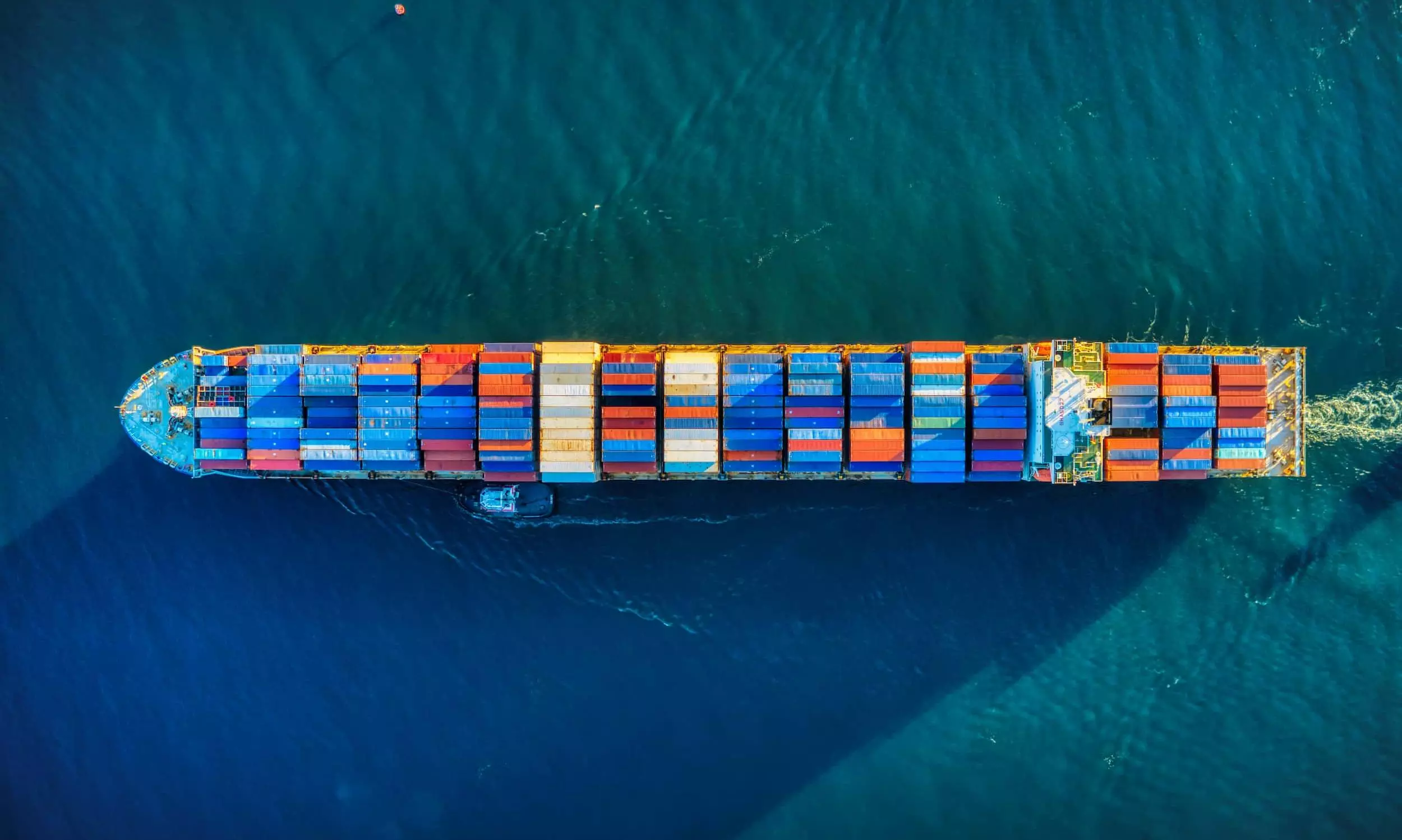5 things to check before buying marine insurance
A practical guide on marine insurance for Indian logistics players.

The Indian logistics and shipping industry is the spine of the trade habitat. While rising globalisation brings a positive impact for the expanding number of goods and services being exchanged across the seas, it also means higher costs at stake in case a loss occurs due to reasons beyond one’s control. Having adequate marine insurance coverage is, therefore, a necessity to protect yourself against theft, cargo damage and more such risks.
Marine insurance was once treated as just a compliance checkbox, particularly by smaller players. But in today’s risk-heavy environment, merely having the policy is not enough. It’s equally important to choose a well-rounded coverage so that business continuity doesn’t get impacted. Here’s what logistics players should keep in mind before they close in on a policy:
1. Type of policy and what it covers
Marine insurance for logistics players typically includes three categories:
- Marine cargo insurance covers physical loss or damage to goods in transit.
- Marine liability insurance protects against legal claims arising from operations, such as third-party injury or damage.
- Marine hull insurance offers protection against risks like grounding, piracy, collisions etc
Even within cargo insurance, coverage can vary widely. As per duration, cargo insurance has single transit & annual policy. And as per coverage, there’s an all-risk cover and a basic cover. For broader protection, all-risk cover is more practical as it includes theft, weather-related damage, mishandling during loading or unloading and even theft. It’s best to understand from your insurer to spell out exclusions in simple language.
2. Understanding the risks involved
For the logistics industry, the goods are in transit round the clock. They are always across different geographies, weather zones and political borders. Also, the sheer number of touchpoints in the logistics process increases the room for errors and losses. From warehousing and loading to last-mile delivery, cargo often changes hands multiple times. While modern tools have certainly improved visibility and control, they haven’t eliminated risks. Damage, delays and third-party liabilities still pose significant threats and this makes choosing the right kind of policy all the more essential. So it’s important to understand whether your business is more prone to physical risks or litigation risks.
3. Claim and documentation process
The marine claims process involves 6 key steps:
- Claim Intimation: Notify your insurer or broker immediately with details like the policy number, insured name, and contact info.
- Claim Reference Number: A reference number is issued to help you track the claim status.
- Survey: A surveyor inspects the damage and collects documents such as invoices, bill of lading, packaging details, and photos.
- Surveyor Report: The surveyor submits a report to the insurer and keeps you informed throughout.
- Claim Assessment: The insurer evaluates the report, shares the outcome with you, and seeks your consent to proceed.
- Claim Reimbursement: Once approved, the claim is settled as per policy terms.
Choosing an insurance partner or broker with tech-enabled platforms and global support can help fast-track this process and avoid delays.
4. Choosing the right player
With numerous industry players in the market, it’s important to choose one with proven expertise in marine and logistics coverage. Look for providers with a global network of claims support agents and the ability to offer customised solutions tailored to SMEs, importers, and exporters. Servicing is a crucial part of any insurance policy. Choose a provider with strong market experience and a proven track record in handling claims efficiently.
5. Evaluating cost vs value
It might seem tempting to go for a low-cost policy, but that can in fact prove to be a costlier choice if the coverage isn’t enough. Always compare what you’re paying with what you’re getting. Ask yourself, are you paying for things you don’t need, or missing out on important protection? Also, you need to factor in the importance of servicing and claims processing capability. So, it’s worth spending more if it gives you peace of mind and support during claims.
For Indian logistics companies, marine insurance is more than just a rule to follow. It’s a safety cover that protects your business from real risks. In today’s fast-moving world, having the right insurance that helps you recover quickly is important. Don’t just buy any policy; choose one that fits your needs.



